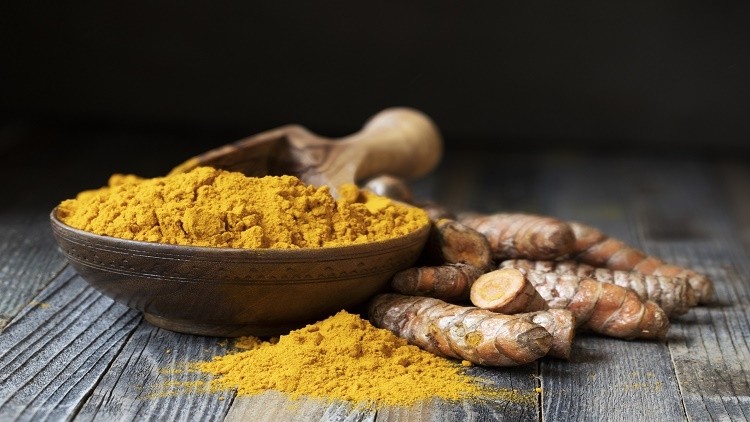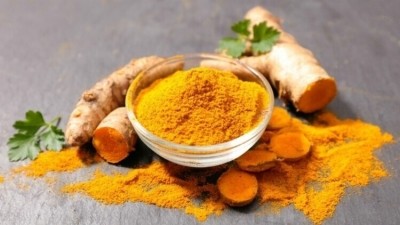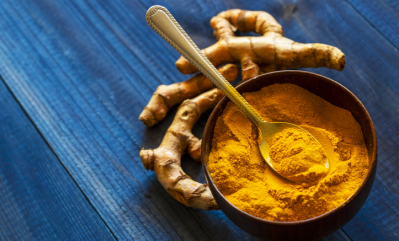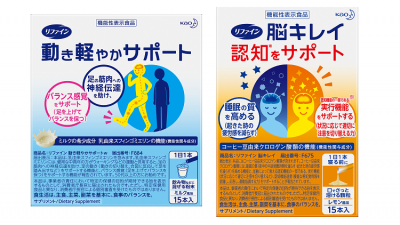Currying favour: Monthly consumption of curcumin-rich food aids cognitive health in the elderly – Singapore longitudinal study

The study, conducted by researchers from National University of Singapore, National Centre for Infectious Diseases, Ng Teng Fong General Hospital, and Geriatric Education and Research Institute, had assessed the data of over 2,700 seniors aged 55 and above.
The participants were asked the frequency of their curry consumption – categorised as 1) never of rarely, 2) occasionally (less than once per month), 3) often (more than once per month but less than once per week), and 4) very often (once a week or daily).
The study involved trained nurses visiting them at their homes to perform face-to-face questionnaire interviews, as well as clinical measurements performed in a local study site centre.
In the process, data on the participants’ sociodemographic, lifestyle, behavioural, psychological, neurobehavioral, and medical were collected.
Curcumin has been actively studied for its potential neuroprotective benefits, due to its anti-inflammatory activities on neuro health. In addition, studies have demonstrated its antiplatelet, antidiabetic, and cardioprotective properties.
Interestingly, this study, published in Nutrients, found that that simply consuming curcumin-rich curry once per month was enough to show better cognitive performance.
Cognitive performance, in this study, refers to attention, short-term working memory, visual spatial constructional ability, language and executive function.
The researchers found that participants who consumed curry “often” exhibited significantly better performance on working memory – based on the digit span backward test, and verbal functioning – based on the Verbal Fluency (Animals) test.
On the other hand, participants who consumed curry “occasionally” had exhibited significantly better performance on visuospatial ability – based on the block design test.
“It is striking to note that better cognitive performance was evident with curry consumption frequencies that are relatively low in absolute terms.
“Laboratory evidence suggests that curcumin is a hormetic agent (hormetin), exhibiting biphasic dose–responses, with low doses having stronger effects than high doses for some effects. The hermetic effect of curcumin on cognitive functioning in humans is thus supported by the results in this study,” the researchers said.
Funded by the Agency for Science, Technology and Research (A*STAR) Biomedical Research Council, this is said to be the first longitudinal study demonstrating the cognitive benefits of curcumin from natural dietary food sources in humans.
The researchers previously reported that older individuals who consumed greater amounts of curry in their meals had showed a higher global cognitive performance score on the Mini-Mental State Examination (MMSE) compared to their counterparts who never or rarely consumed curry.
Bioavailability
Curcumin is known for its low bioavailability, but its bioavailability might be enhanced when cooked with other spices and spice oils, the researchers said.
“Unlike pharmatherapeutic formulations, dietary curcumin is ingested not as curcumin per se, but as turmeric, which contains essential oils (turmeric oil) such as zingiberene, α-Turmerone and β-Turmerone.
“These structural analogues of curcumin, together with spices and spice oils such as chilli, pepper, cumin, coriander and plant-based cooking oils, which are commonly blended with turmeric in the preparation of curry meals, as well as with intestinal bile salts, may act as its own lipid-based oral delivery systems, forming microemulsions, polymeric micelles or phospholipid complexes of curcumin, for enhanced solubility and bioavailability,” the researchers said.
They added that evidence has shown that the combination of piperine in black pepper with curcumin in turmeric could increase the bioavailability of curcumin by 2,000 per cent, and could inhibit the intestinal and hepatic glucuronidation of curcumin.
Source: Nutrients
Curcumin-Rich Curry Consumption and Neurocognitive Function from 4.5-Year Follow-Up of Community-Dwelling Older Adults (Singapore Longitudinal Ageing Study)
https://doi.org/10.3390/nu14061189
Authors: Tze Pin Ng, et al



















